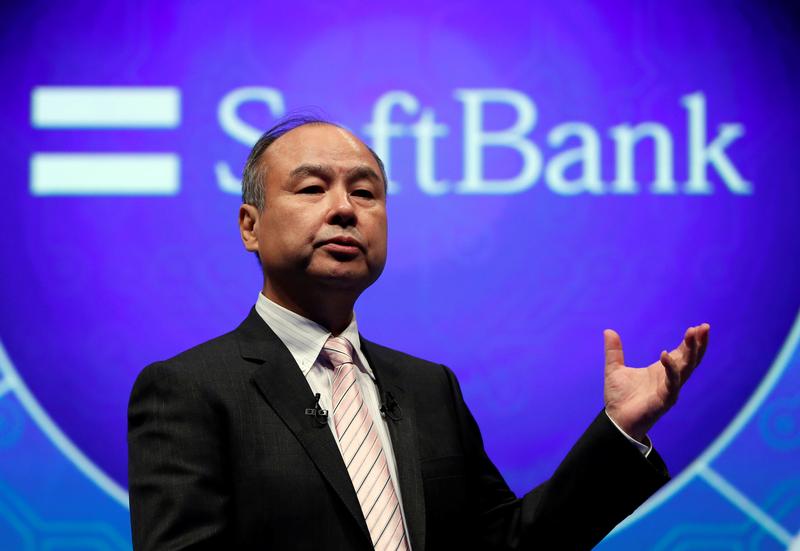Masayoshi Son’s frivolous tech bets have put investors on edge. A move by his $75 billion SoftBank Group to buy back up to 500 billion yen ($4.8 billion) of stock over the next year could do the same. The repurchase plan, announced on Friday, is partly a bow to Paul Singer’s pushy activist hedge fund Elliott Management, which has amassed a near-3% stake and wants it to buy back as much as $20 billion. In a plunging market, though, SoftBank could struggle to sell assets at decent prices, which would be the ideal way to fund the move.
The timing of the buyback looks opportunistic. Prices have been plunging as the world struggles to slow the spread of the coronavirus. Japan’s benchmark Topix index has lost a quarter of its value since the beginning of February, and SoftBank’s shares have fallen 16% over the same period.
Although lower prices might reduce the overall cost of the share purchase, the move failed to deliver an immediate value uplift. A 600 billion-yen repurchase plan launched just over a year ago initially sent shares up almost 20% at the time, but investors cheered SoftBank little more than the broader market following Friday’s announcement. That’s a problem, given that the indebted company’s market value is already less than half of the $228 billion it claims its assets are worth.
That’s unlikely to improve much so long as concerns persist over investments made by SoftBank and its Vision Fund, from The We Company to Indian budget hotel chain Oyo. The outbreak of Covid-19, to the extent it crushes consumer demand, may only make things worse.
Finally, there is the question of how the buyback is financed. SoftBank last month laid out plans to raise 500 billion yen using part of its stake in its domestic-telecoms unit as collateral, and there has been little evidence that the group is ready to trim its investments. Using debt or cash on hand will only further raise borrowings or limit the amount the group can invest in the next Vision Fund. In a market where many companies are holding back on buybacks to conserve resources, SoftBank’s effort to appease an activist and prop up valuations may not serve it well.
_____________________________________________________________________
Request a free trial of Breakingviews here


